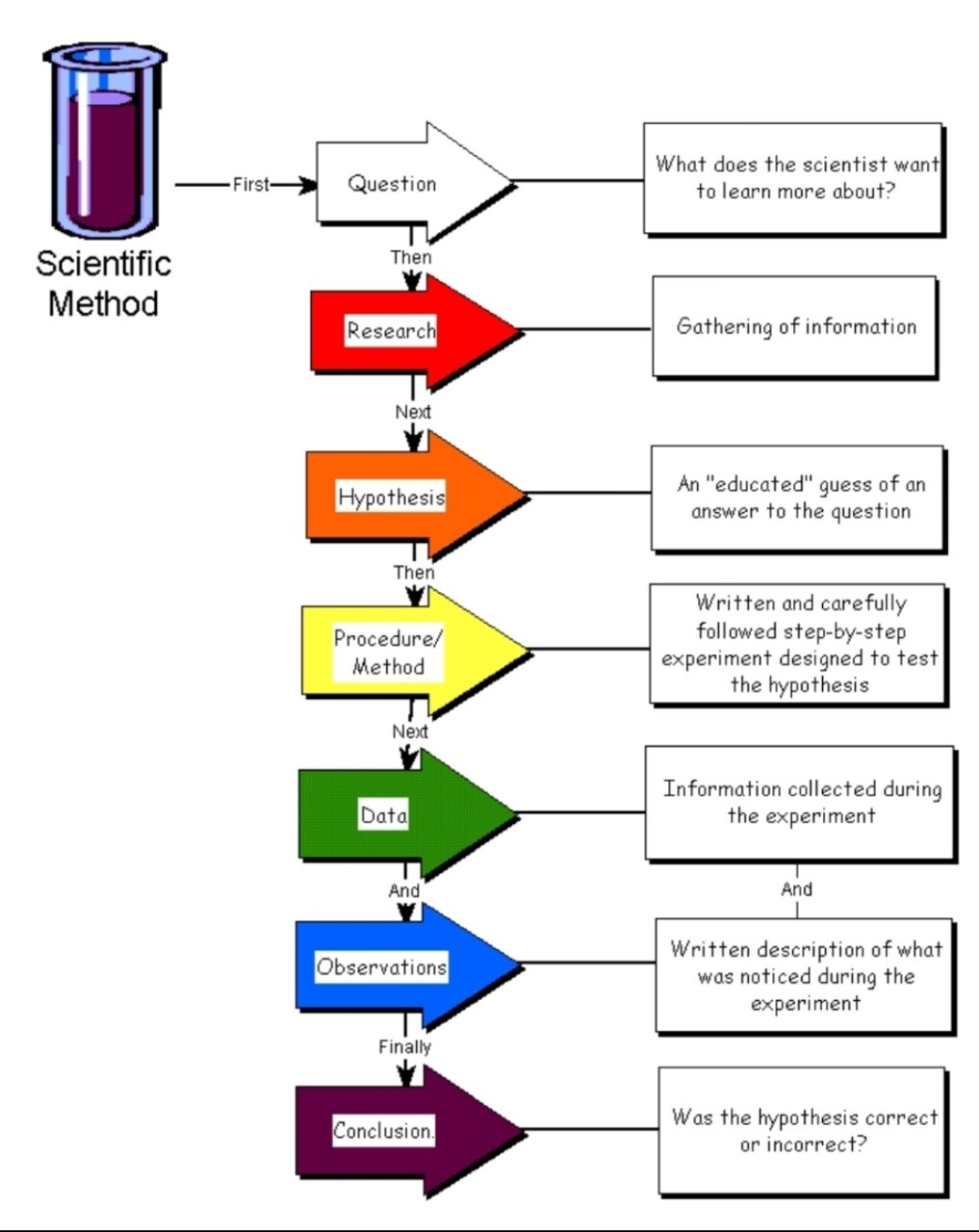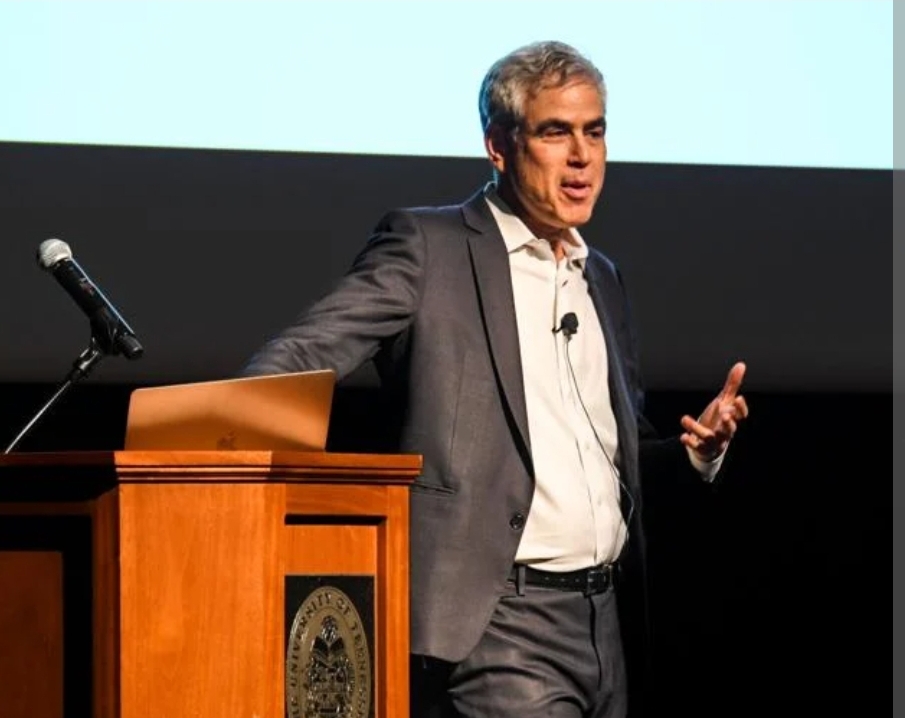What is motivate scholarship
Motivated scholarship refers to research or academic work that is influenced by a specific agenda, bias, or personal belief, rather than a commitment to objectivity and truth. In such cases, the scholar’s motivations—whether political, ideological, or personal—drive the research, leading to selective use of evidence, misinterpretation of data, or conclusions that serve a particular purpose rather than a balanced, impartial understanding of the subject. This can undermine the integrity of the academic work and mislead others who rely on it.
“This is the way our minds work. We see what we want to see. Now this has enormous implications for scholarship. Because in scholarship, sometimes maybe we really don’t know and really don’t know and really have no opinion. But usually we have an idea, we want to believe it if only it’s our own idea or maybe we want to believe it because it supports our politics. Whatever, we’re not indifferent to anything or whatever. We are indifferent to very few things in the world. So, if you start by wanting to believe one side of something, you’re going to find evidence for it and you’re generally going to conclude that it’s true.
So, scholarship to support a political agenda almost always succeeds in supporting it. The scholar as she goes along rarely, if ever that she was biased, this is just the fact. This is what my research has uncovered.
A motivated scholarship often propagated pleasing falsehoods. Once something is published that is politically pleasing to the majority of scholars. It’s almost impossible to recall it, because it’ll get cited. You can issue a retraction within your field, but it’s going to spread fields and it will live for decades as a falsehood.” — Jon Haidt
What is the process of motivated scholarship
The process of motivated scholarship involves several steps, each shaped by the underlying agenda or bias:
Agenda Formation: The scholar begins with a specific goal or belief they want to support or promote.
Selective Research: The scholar seeks out evidence and sources that align with their agenda while ignoring or downplaying contradictory information.
Data Interpretation: Information is interpreted in a way that supports the desired conclusion, sometimes involving misrepresentation or manipulation of data.
Conclusion Formation: The research concludes with findings that reinforce the scholar’s initial agenda.
Dissemination: The work is published or presented, often in a way that masks the underlying bias, making it appear objective or scholarly.
This process ultimately leads to research that may appear credible but is actually driven by pre-existing beliefs or goals rather than a genuine pursuit of knowledge or truth.
“There’s only one major protection against motivated scholarship and that is institutionalized disconfirmation.” — Jon Haidt
What is institutionalized disconfirmation:
“Institutionalized disconfirmation” refers to the structured process within institutions where ideas, theories, and beliefs are rigorously challenged and tested to ensure they hold up under scrutiny.
“This is the genius of science. It’s not the scientist is so rational. It’s that science is a community of scholars that critique each other’s work.” — Jon Haidt
This is the key concept we should desire each generation to learn and apply. This should be taught in our homes, schools, universities, and churches.
We want legislators from local, state, to federal level to develop this skill and habit to Institutionalized disconfirmation. We want to see it in the justice system with government employees, police, judges, and all walks of life as this is tge only way to bring about justice for all.
This is how truth is fettered out in education by valuing and teaching truth. But instead our universities and tributaries are teaching the next generation to be Marxist activists and being victims.
Universities Are Choosing One of Two Incompatible Ideologies: Truth or Social Justice
Society and mainly universities used to model their foundations of truth and institutionalized disconfirmation (scientific method).
“. . . It used to work, but stopped working in the 90s.” — Jon Haidt
When this process breaks down, it means that institutions fail to adequately question or critically evaluate their own assumptions or those of others. This can lead to the entrenchment of flawed ideas, groupthink, echo chambers, and resistance to new, potentially better ideas. The breakdown of this process undermines the institution’s ability to adapt, innovate, and remain objective.
What is the process of institionalized disconfirmation
The process of “institutionalized disconfirmation” involves a systematic approach within institutions to critically evaluate, challenge, and test ideas, theories, and assumptions.

This process typically includes:
Peer Review: Ideas are subjected to scrutiny by experts who may challenge the validity, methodology, and conclusions.
Debate and Discussion: Open forums or discussions where different perspectives are aired and rigorously debated.
Empirical Testing: Theories and assumptions are tested against real-world data and evidence.
Feedback Loops: Continuous re-evaluation of ideas based on new evidence or criticism.
This process is essential for maintaining intellectual rigor and preventing the dominance of unchallenged or flawed ideas within institutions.
The result of motivated scholarship over truth is intelectually fragile.







